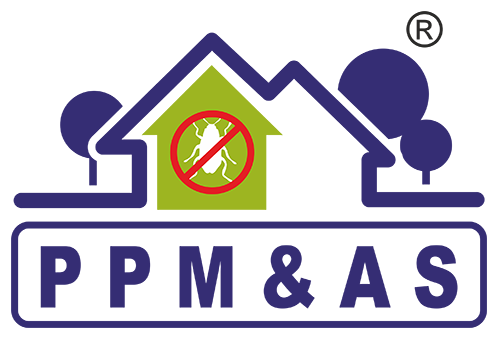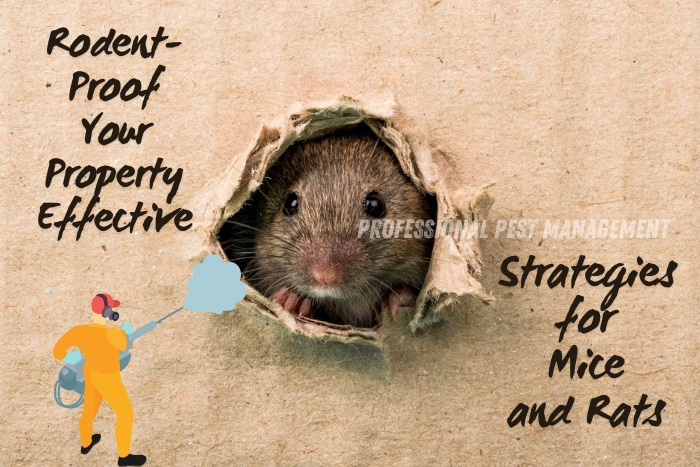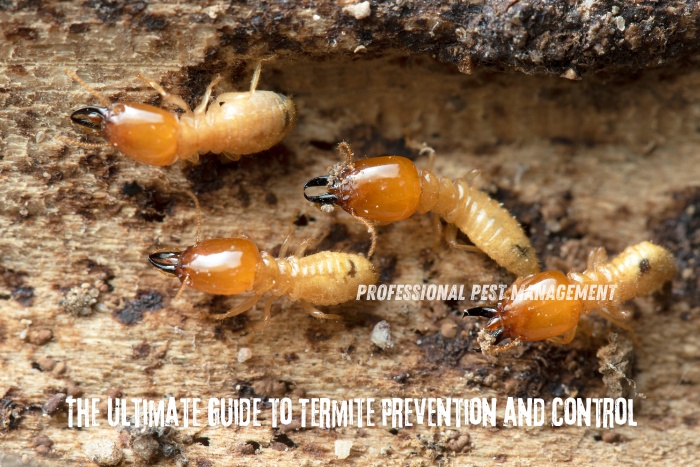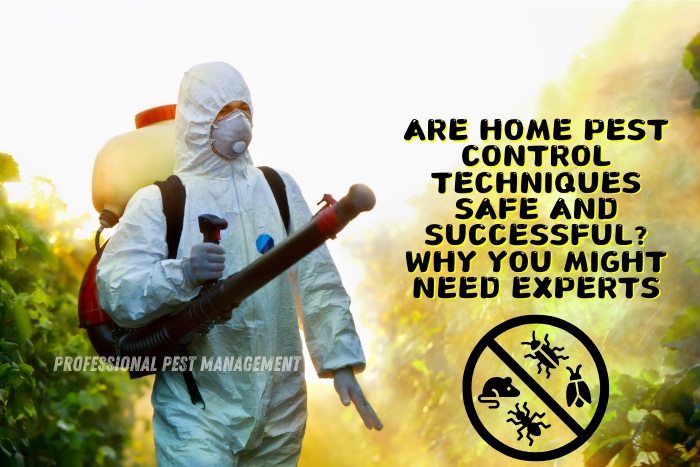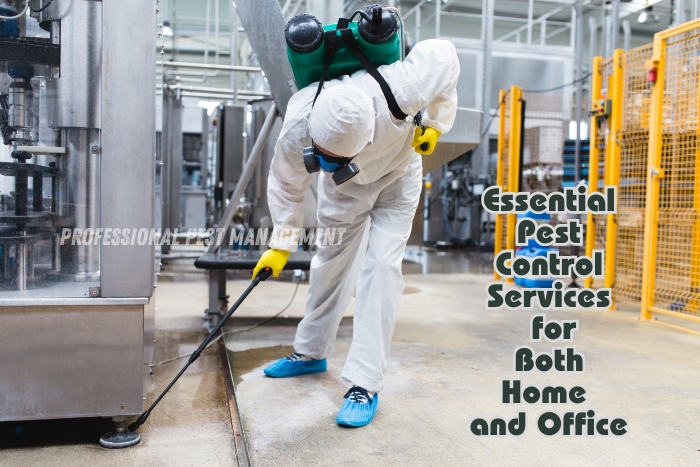Introduction
Rodents such as mice and rats are not only a nuisance but can pose significant health risks and cause extensive damage to your property. In Chennai, where the hustle and bustle of city life sometimes leads to less attention on pest management, rodent infestations can quickly become a serious issue. At Professional Pest Management, we specialize in rodent control, providing peace of mind through effective, humane, and eco-friendly solutions. This comprehensive guide will walk you through the best strategies to rodent-proof your property effectively.
Understanding Rodent Behavior
To effectively combat rodents, it’s important to understand their behavior and habits:
Seeking Shelter: Rodents typically enter homes in search of shelter, especially during cooler months.
Nesting Habits: They prefer dark, secluded areas where nesting materials are readily available, such as attics, basements, and wall interiors.
Nocturnal Activity: Mice and rats are mostly active at night, which can make them harder to catch in the act.
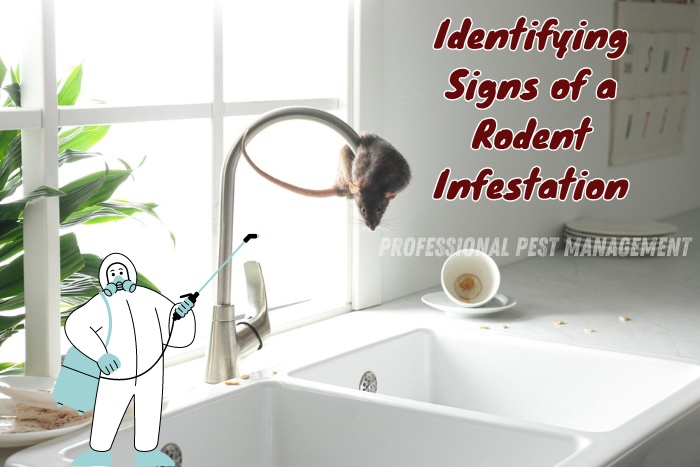
Identifying Signs of a Rodent Infestation
Early detection is key to controlling rodent populations. Here are signs that you might have a rodent problem:
Droppings: Small, dark droppings near food sources or nesting areas are a clear sign.
Gnaw Marks: New, light-colored marks on furniture or walls indicate recent gnawing.
Strange Noises: Scratching sounds from the walls or ceilings at night are common signs of rodent presence.
Footprints: In dusty environments, you might notice tracks or tail marks.
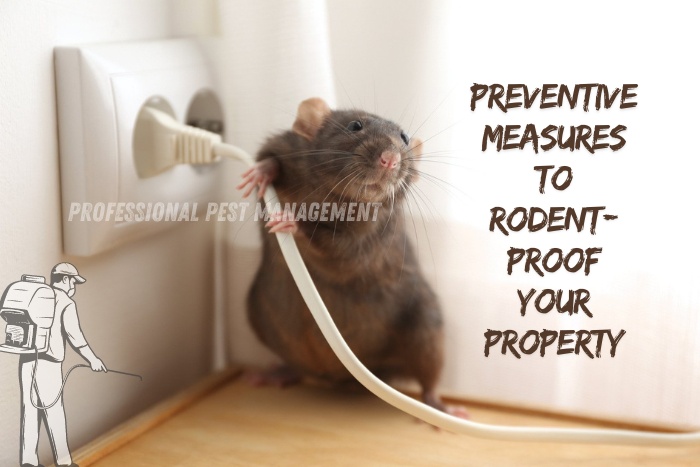
Preventive Measures to Rodent-Proof Your Property
Taking proactive steps is essential in preventing rodents from making your home theirs:
Seal Entry Points: Inspect your home for any cracks, holes, or openings larger than a dime. Seal them with steel wool, caulk, or a combination of materials that rodents cannot chew through.
Proper Food Storage: Store food in airtight containers and avoid leaving pet food out overnight.
Declutter and Clean Regularly: Reducing clutter and maintaining cleanliness will minimize hiding spots and attractants for rodents.
Manage Outdoor Environment: Keep shrubbery trimmed and debris away from the foundation of your home. Ensure garbage bins are sealed and stored away from entry points.
Professional Rodent Control Techniques
While DIY methods can provide temporary relief, professional pest control solutions are often necessary to completely eradicate and manage rodent populations effectively:
Trapping: We employ a variety of traps, from snap traps to live traps, depending on the situation and ethical considerations.
Rodenticides: When used properly, baits can effectively control a rodent population. However, this method is used judiciously to prevent unintended harm to other wildlife and pets.
Exclusion Techniques: We specialize in creating barriers that prevent rodents from entering the premises in the future.
Regular Inspections: Ongoing inspections are crucial to ensure that your property remains rodent-free.
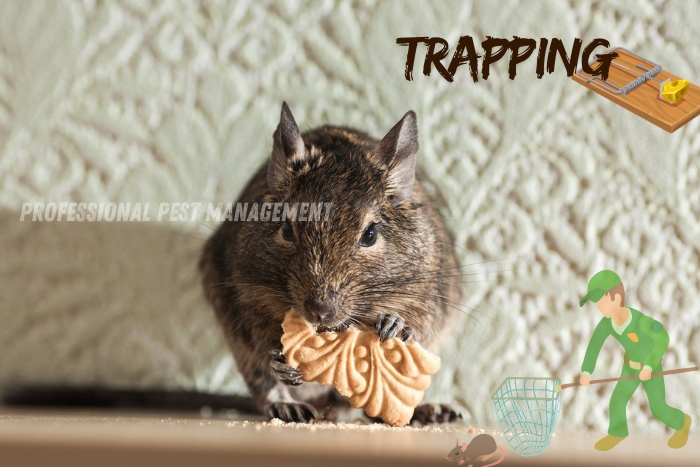
Customized Rodent Control Solutions for Every Property
Every property in Chennai has its own set of challenges when it comes to rodent control. That’s why Professional Pest Management offers customized solutions tailored to your specific needs. Whether it’s a residential home or a commercial warehouse, our team is equipped to handle any rodent challenge.
Conclusion
Rodent-proofing your property requires a combination of diligent prevention, early detection, and professional intervention. With the right knowledge and support from Professional Pest Management, you can protect your home or business from the dangers and nuisances of rodent infestations.
By implementing these effective strategies and partnering with a trusted pest control provider, you can achieve a safe, healthy, and rodent-free environment.
Frequently Asked Questions
What are the health risks associated with rodent infestations?
Rodents can spread diseases such as hantavirus, leptospirosis, and salmonellosis through their droppings, urine, and saliva.
How quickly can a rodent infestation grow?
A female mouse can give birth to a dozen babies every three weeks. Rapid reproduction makes early intervention crucial.
